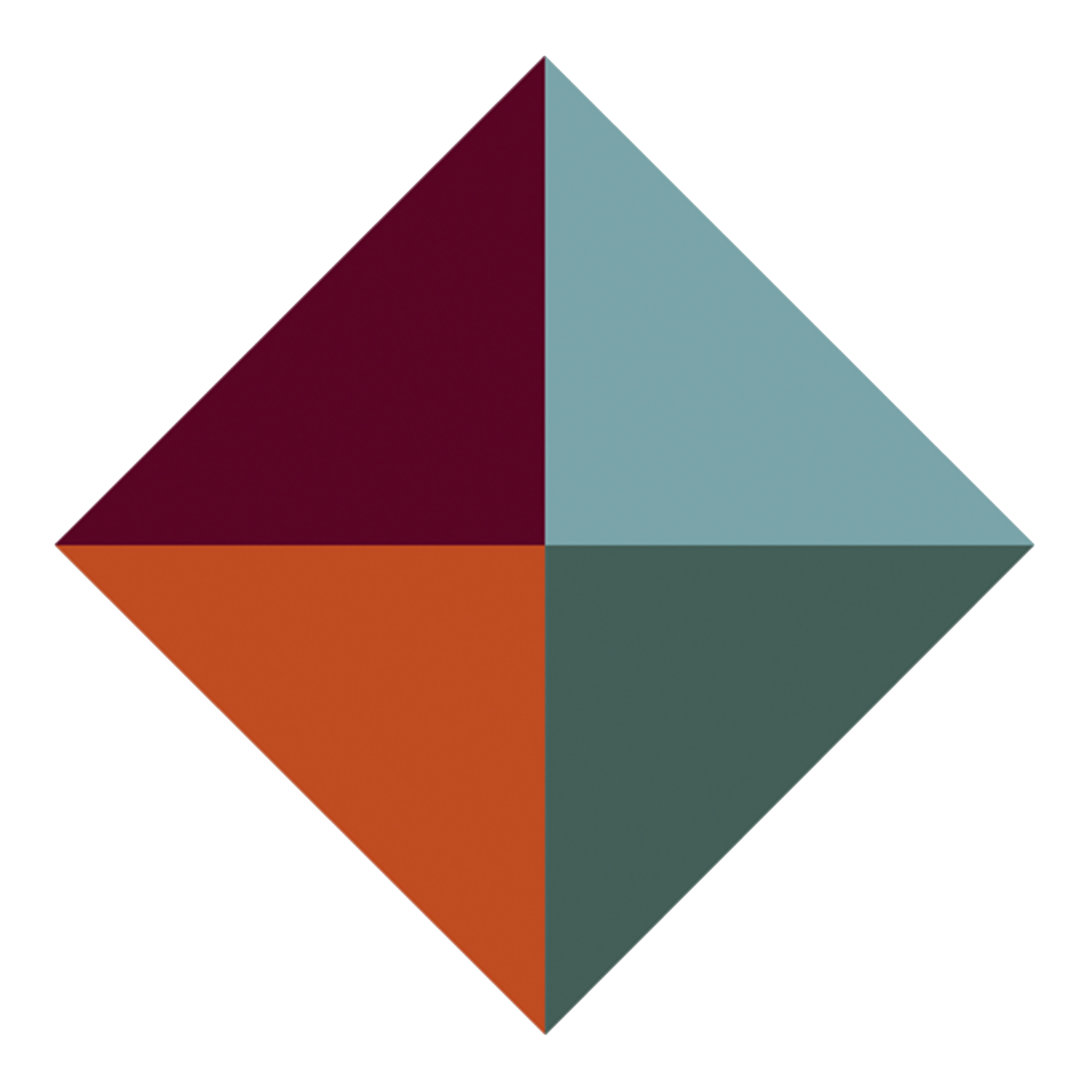insight on building inclusive spaces for healing
excerpts from my interview with Cassandra James-Weathersby of Black Women DO Heal
Last week I interviewed Cassandra James-Weathersby for the Show Up and Stay podcast. She had some powerful insight into what it REALLY means to create safe, inclusive spaces of healing that account for varying levels of awareness. Here are the highlights in her words:
On Black Women DO Heal as a safe space for Black women:
“There is healing, we DO heal. Let's have that community, that safe space together where you can let it go. We can even talk about some of the things that we go through just as Black women, from our hair to the things that we experienced being over-sexualized at a young age. We can talk about that, without feeling shame.”
“As Black women, we don't have the luxury of time, to wait on everyone else to come to their own awareness. We have to be intentional with our healing, and take ownership of that, to create that safety and to create spaces for us. We can send light and love to those as they're coming along, but we can't bank our healing—we can't bank our freedom on waiting on them.”
On meeting people where they are:
“We see so many things, even happening this week, that are reminders of the differences in how Black women are treated in this country. And you have to acknowledge it, but you have to let it go. You also have to remember that every black person doesn't have the same level of awareness.”
“I accept them no matter where they are in the journey, even at the anger phase, because I remember that anger phase…down here in the Deep South, there are a lot of recovery spaces that don't necessarily look like me. I can't be constantly in a place of anger. It's not healthy.”
On true inclusion:
“If you have no idea the humiliation of telling a person your whole life story and have them look at and crazy or disapproving, you don't understand it. On the same token, if that's your only experience, then you won't comprehend and necessarily understand that person who doesn't.”
“I think for others that are endeavoring to create spaces or to create programs that are set to help black women, you should make sure that you are seeking multiple Black women that have a variety of experiences…they may not understand each other, but hearing those perspectives, and getting that input I think is crucial and creating this space. I think that you can apply that to our recovery spaces…”
“…that inclusiveness cannot just be because you have one Black woman who's advising…you should endeavor to have multiple Black women with different backgrounds, on purpose.”
On the importance of including language about “rest and respite”:
“When you speak about it, whether you're running a group or you are promoting, keep in mind that culturally for us, it has been “rest when drop”. Rest when your body has shut down or your mind has said that is enough, as opposed to intentional rest.”
Start where you are and it is okay to know your lane:
“It's okay to start where you can start, with what you have. That's a beautiful way to do it. And if you start, and you recognize, okay, this is a little bit overwhelming or this isn't my gift, that is okay. You can still 100% be a supporter, learn how to ally, learn how to rally in other ways that don't compromise, your sobriety, your recovery, your mental health, recovery, or your peace.”
“When we start to humanize everyone, including ourselves, then it's so much easier to give grace and to give yourself grace. Learn to step back and to realize you may not know something.”
Cassandra James-Weathersby is a mental health advocate and champion for women's healing. After surviving from her own struggles with mental health, trauma and domestic violence, Cassandra realized all the conversations that were NOT being had, that we're also continuing to perpetuate trauma in her community. With God's guidance in 2019, she launched Black Women DO Heal and began to facilitate the tough conversations. Cassandra is a certified recovery coach, professional business owner, trainer, facilitator and mom of three grown Rugrats.

